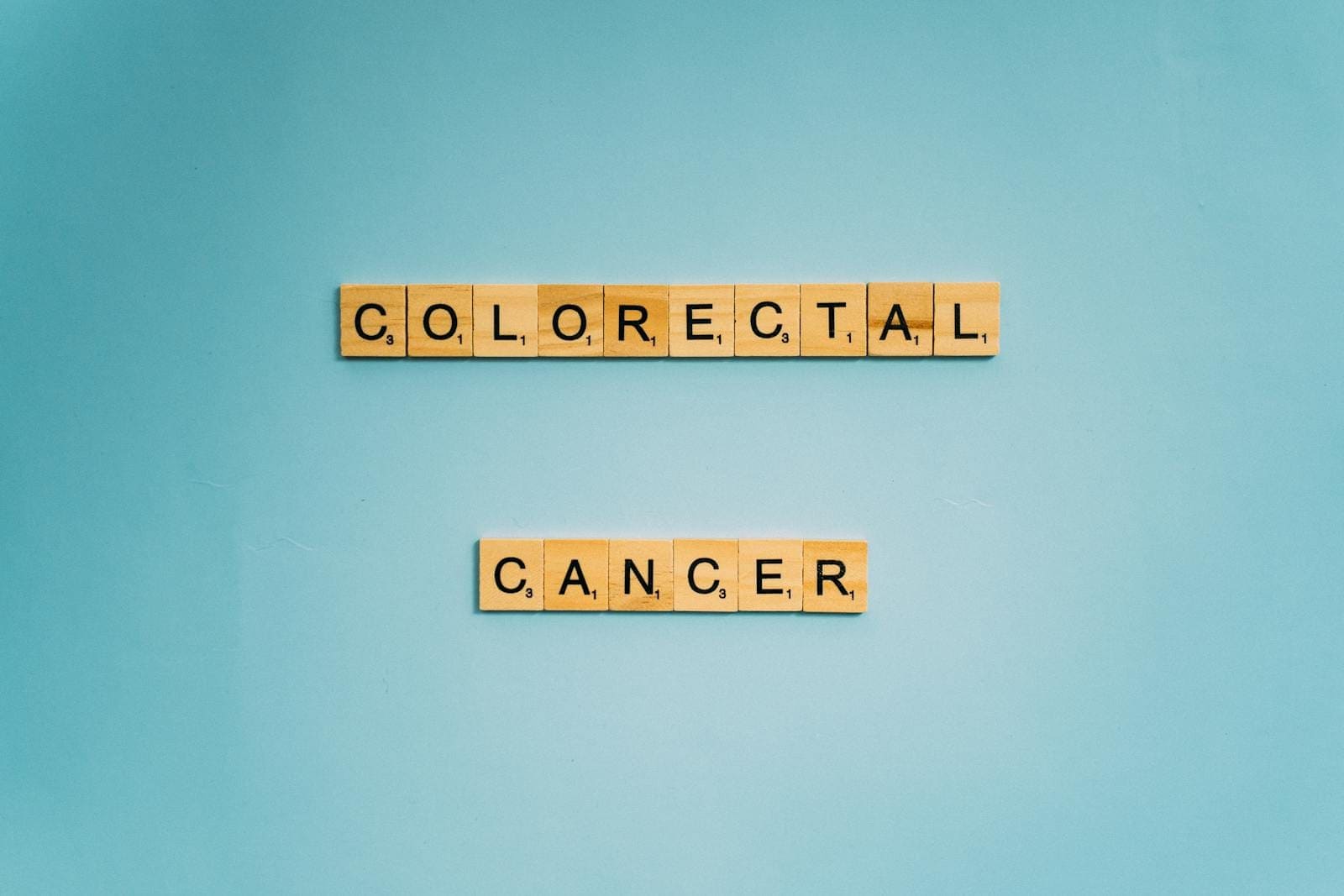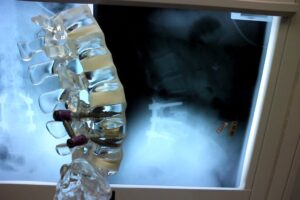When oncologist Dr. Raed Al-Rajabi first began his career 14 years ago, he anticipated encountering many challenging cases. However, he didn’t foresee treating so many young patients, some as young as 20 years old, facing terminal cancer diagnoses.
Since Dr. Al-Rajabi started specializing in oncology, the number of patients under 55 with colorectal cancer has nearly doubled. Among these, one patient was just 14 years old. Alarmingly, about 70% of these younger patients are diagnosed at advanced stages, limiting the effectiveness of treatments.
Dr. Al-Rajabi, an associate professor of medical oncology at the University of Kansas Medical Center, described the situation as “heartbreaking” in a recent interview. The incidence of colorectal cancer in young Americans has been rising steadily, a trend evident from data spanning 1999 to 2020. Although there was a temporary decline in cases during the COVID-19 pandemic due to missed screenings, the numbers have surged again.
More than 150,000 Americans are diagnosed with colorectal cancer annually, with approximately 50,000 succumbing to the disease each year, according to the Colorectal Cancer Alliance. While the average age at diagnosis is 66, there has been a noticeable shift toward younger patients. In 2019, around 20% of those diagnosed were under 55, nearly double the 11% reported in 1995 by the American Cancer Society.
Early detection of colon cancer is crucial, as it significantly improves survival rates. When caught early, before the cancer spreads, about 90% of patients live for at least five more years. However, once the cancer advances, the five-year survival rate drops dramatically to 13-18%.
Recognizing early symptoms is challenging because they often resemble common digestive issues like irritable bowel syndrome, which affects roughly one in 20 Americans. Symptoms such as abdominal pain, changes in bowel movements, unexpected weight loss, fatigue, appetite changes, constipation, bloating, and blood in the stool are often misattributed to less severe conditions.
Late detection is prevalent among young people, a phenomenon observed by Dr. Al-Rajabi and his colleagues worldwide. Young patients often delay seeking medical advice, assuming their symptoms are minor or will resolve independently. Financial instability and lack of insurance further contribute to delayed diagnoses. Even when they consult doctors, the possibility of colon cancer is frequently overlooked, leading to misdiagnoses related to diet, hemorrhoids, or irritable bowel syndrome.
Typically, a young colorectal cancer patient sees at least two doctors before receiving an accurate diagnosis, losing valuable time during which the cancer spreads.
The reasons behind the rising incidence of colorectal cancer among younger populations remain unclear. Some theories suggest dietary factors, such as high sugar and low fiber intake, while others point to environmental factors like pesticide use or microplastics. Dr. Al-Rajabi speculates that societal or environmental changes may be contributing, paralleling past trends linked to factors such as tobacco use. However, definitive research is still needed.
Regardless of the cause, the key to combating this trend lies in self-advocacy and awareness. Dr. Al-Rajabi emphasizes the importance of understanding your family’s medical history concerning digestive cancers and closely monitoring your colorectal health.
If colorectal cancer runs in your family, your risk of developing the disease is significantly higher. Approximately 33% of people with colon cancer have a family member who also had the disease. Current U.S. guidelines recommend starting colon cancer screening at age 45. However, if you have a familial history, screenings should begin about 10 years before the age at which your relative was diagnosed.
Routine checkups play a vital role in early detection. During these screenings, doctors look for abnormalities like polyps in the gut. Removing and monitoring polyps can reduce the risk of developing cancer by 80%, according to the Cleveland Clinic.
Dr. Al-Rajabi stresses the importance of being proactive about your health. If you experience persistent symptoms such as abdominal pain or blood in your stool, don’t dismiss them as minor. Advocate for yourself by discussing your concerns and family history with your doctor. Early detection can make a significant difference in outcomes, even if it means repeatedly consulting your doctor until your concerns are taken seriously.
Read more about cancer:
New Blood Test Shows Promise in Detecting Colorectal Cancer
Understanding Cancer: Insights from the 2025 Cancer Facts and Figures Report
Understanding Cancer: Insights from the 2024 Cancer Facts and Figures Report
Get a cancer screening with Bangkok Health Service:
Cancer Screening in Bangkok – Basic, Advanced & Early Detection 2 nights Packages
Cancer Screening Packages in Bangkok | Early Detection & Affordable Tests




